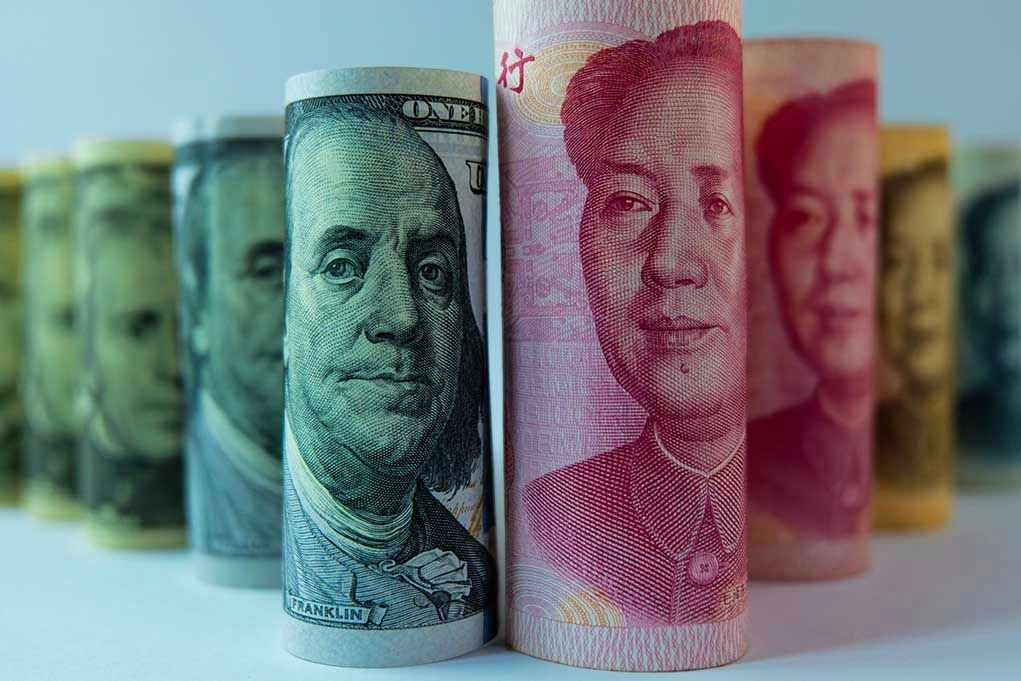
Can a political campaign survive the firestorm ignited by tens of thousands in donations from a Chinese Communist Party-linked tycoon, or does money with foreign ties always leave a trail of suspicion and controversy?
Story Snapshot
- Mikie Sherrill, New Jersey’s Democratic gubernatorial nominee, faces mounting criticism for accepting over $65,000 from Pin Ni, a CCP-linked Chinese auto executive.
- The controversy centers on legal and ethical risks, with bipartisan scrutiny and calls for federal investigation.
- Pin Ni’s donations span multiple campaigns and both major parties, revealing a widespread pattern of foreign-linked political giving.
- Experts question the adequacy of campaign finance vetting and warn of national security implications as media pressure intensifies.
Controversial Donations Spark Bipartisan Alarm
New Jersey’s political landscape is shaken as Mikie Sherrill’s gubernatorial campaign becomes ground zero for debate about foreign money in American politics. Pin Ni, president of Wanxiang America and a CCP member, donated over $65,000—$30,000 in February, $30,000 in July, and $5,800 directly in June—prompting watchdog groups and political opponents to sound the alarm. Legal experts note that federal law prohibits foreign nationals from contributing to campaigns, but the legality hinges on Pin Ni’s citizenship or residency status, which remains unclear.
These revelations have not only put Sherrill’s campaign on the defensive but have also opened up scrutiny of other politicians who received substantial donations from Pin Ni. Virginia Democrat Abigail Spanberger, New Jersey Senator Cory Booker, Illinois Representatives Darin LaHood and Raja Krishnamoorthi, and California’s Ro Khanna have all benefited from his largesse. The bipartisan reach of these donations complicates the narrative; accusations of foreign influence cannot be confined to one side of the aisle, making the controversy a systemic issue rather than isolated misconduct.
Legal Ambiguity and Ethical Dilemmas
Federal Election Commission regulations are clear: foreign nationals cannot donate to U.S. political campaigns. However, campaign finance records suggest Pin Ni may possess legal residency, even a Social Security number, but this is not definitive proof of citizenship. The technical legality of the donations does not assuage critics, who argue that the real danger lies in the potential for Chinese influence over American policy. Joseph Cella of the Michigan-China Economic and Security Review Group and Michael Lucci of State Armor have publicly called Sherrill’s judgment into question, labeling the donations “disqualifying” and warning of national security risks.
The ethical debate intensifies as the controversy attracts national media attention. Analysts point out that the vetting mechanisms for campaign contributions are woefully inadequate, especially when donors have complex international ties. The FEC’s lack of immediate enforcement action leaves candidates exposed to ongoing reputational damage and the possibility of future legal consequences.
Elected officials should never take money from senior CCP members. It’s negligence at best and treason at worst.
But there’s a pro-🇺🇸 fix for @MikieSherrill: send the CCP donation to an org that champions the victims of Chinese Communism. https://t.co/X5NBlyUvVW
— Michael Lucci (@Michael7ucci) October 10, 2025
Bigger Than One Campaign: Patterns and Precedents
Pin Ni’s political giving stretches far beyond New Jersey. Since 2020, his contributions to U.S. politicians have exceeded $1 million, with the majority going to Democrats but a significant portion also reaching Republicans. Wanxiang Group, the company Pin Ni leads, was founded by a man honored by the CCP for party loyalty, amplifying suspicions about the strategic intent behind the donations. Previous incidents involving foreign-linked donors have sparked FEC investigations and public debate, but systemic reform remains elusive.
Bipartisan acceptance of Pin Ni’s money demonstrates the challenge of drawing clear ethical lines in campaign finance. The story’s escalation—donations made, disclosures filed, media coverage intensifying in October 2025—underscores the lack of robust safeguards against foreign influence. The controversy also highlights the difficult balance between legitimate international business interests and the need to protect the integrity of American elections.
Impact and Reform: What Comes Next?
The immediate impact on Sherrill’s campaign includes allegations of compromised credibility, threats of FEC investigation, and calls for returning the donations. For other politicians touched by Pin Ni’s giving, reputational risks and renewed scrutiny are inevitable. More broadly, the incident underscores the erosion of public trust in campaign finance transparency and amplifies U.S.-China political tensions. Watchdog groups warn that unless vetting procedures are strengthened and legal reforms enacted, similar controversies will continue to undermine faith in the electoral process.
Long-term consequences may include heightened awareness of foreign influence risks, tighter regulations on campaign donations, and a chilling effect on legitimate foreign-born donors. As media outlets, regulators, and voters demand answers, the open question remains: will political campaigns learn to spot foreign-linked money before the next scandal erupts, or will loopholes and ambiguity persist?

